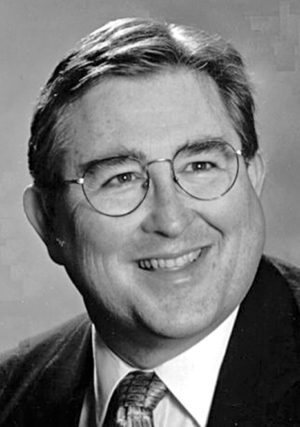By Danny Crownover
One of the most remarkable persons in the history of Gadsden was William (Bill) Webster, a successful African American businessman.
In the late 1870s Webster operated a barbershop in the old King Hotel located on South Fourth Street between Chestnut and Broad streets. He advertised in the local newspaper that he employed expert barbers who provided expert service. Most of the time, however, Webster was the only one working.
Webster eventually moved from the hotel to a little hole-in-the-corner front room of a saloon on Broad Street between Fourth and Fifth streets. He also had a barber shop on the south side of Broad Street between Third and Fourth streets.
Webster owned a residence on Chestnut Street between Third and Fourth streets.
The great fire of July 4, 1883 in Gadsden destroyed Webster’s little brick building that stood on Broad Street near the old Kress Store. He started there as a barber before turning it into Webster’s Auction House. He drew in customers by playing a banjo and singing popular songs of the day and old-time favorites. Webster was good at repartee and was never at a loss for something to say that might interest a crowd. He often would call a customer by name, for he knew almost everybody in Etowah County.
Webster was a capital auctioneer who sold all sorts of merchandise, including shoes, clothing, quilts, rugs, shawls, shirts, dresses and the like to the highest bidder.
When Col. R.B. Kyle built the old Kyle’s Opera House in 1880, he also erected a small wooden building on South Fourth Street, near where the Sibert Store once stood. Across an imitation brick front Kyle painted a large sign proclaiming the building as Webster’s Opera House.
Kyle failed to put in a stage, however, and his “theater” never amounted to anything as such, but Webster was proud of the building, as he thought it gave him importance as a man of good standing in the community.
It was while Webster ran a barbershop in the 300 block on the north side of Broad Street that he opened a saloon on South Third Street for African Americans. The bar was located in the three-story building just back of the old Dobson Store, the second story of which was used by the Union Trades Council. That section of town was then known as Buzzard Roost.
Webster made the mistake of stocking the bar with fine wines and whiskies when his customer preferred gin and corn whiskey. After some months, the establishment was placed in the hands of a receiver by creditors. That was the end of Webster in the liquor business.
Webster soon afterward moved to Knoxville, Tennessee, where he experienced some ups and downs business-wise and eventually went broke. Webster attributed his downfall, or at least the beginning of it, to his venture in the whiskey business.
He did not drink himself and he often wondered why he got into that type of business. Webster said once that “maybe it was because I wanted to be like the big business folks too much.”
Contact The Vagabond at dkcrown@bellsouth.net.





